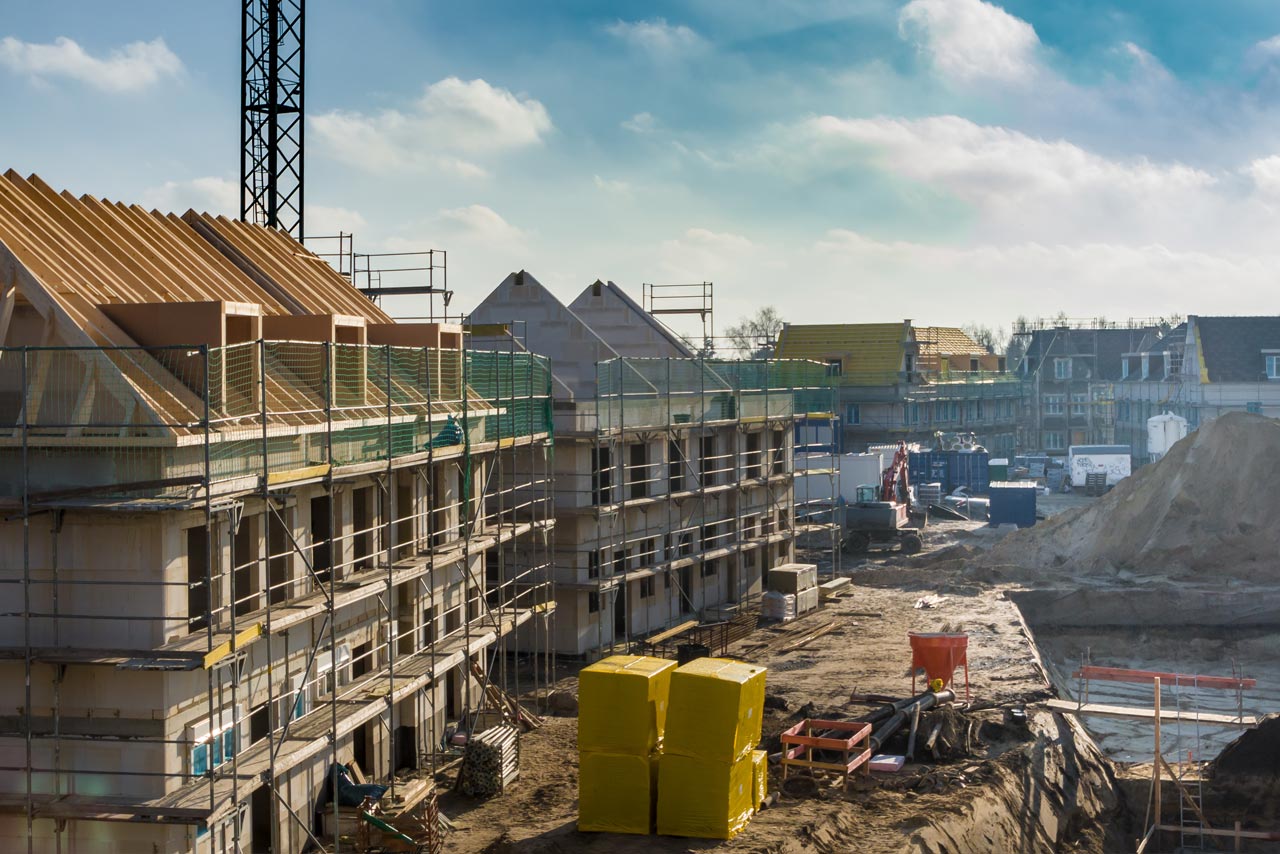Critical Issues in Financial Viability Assessments
Article written by:
Jess Nevin
So, you have concerns about whether your site is viable to develop because the cost of planning obligations are too high, or the affordable housing requirement is too onerous, or the values are too low, or because of a combination of some or all of these factors.
You’ve heard that viability is a “dark art” but you believe that you have a legitimate case and you want to know how to go about it.
Well, read on …. !
What is an FVA?
An FVA is an assessment of a development’s viability. It considers whether or not a development is viable, given the costs and revenues to derive a Residual Land Value (RLV). This is then compared against a Benchmark Land Value (BLV) which is derived from either the site’s Existing Use Value plus a premium (EUV+) to incentivise the landowner to sell or an Alternative Use Value (AUV) derived from another use that the site could accommodate within the context of the local development plan. Where the RLV is below the BLV, it can be deemed that the development is unviable.
How the process works
The FVA, prepared by a specialist Viability Consultant, is usually submitted to the Council following the submission of the application. Some Local Authorities will require an FVA to be submitted (if one is required) in order to validate the planning application. The Council will then instruct a third-party to undertake an assessment of the FVA. There may be some discussion following the third-party assessment in order to reach a conclusion.
When might an FVA be required?
There are a number of reasons when an FVA might be required, the key ones being:
- The development will not deliver a fair return to the Developer because of the affordable housing requirements – in some instances, it is not viable to develop an affordable housing policy-compliant scheme, and a reduction is required. The Council would request an FVA to be submitted to demonstrate this and to assess what level, if any, of affordable housing should be provided on site.
- Reduce/remove other planning obligations – a site might already have a signed Section 106 Agreement, but the costs requested could make the development unviable. An FVA would be required in order to try and reduce or remove these obligations.
- Changing from a policy-compliant scheme to a 100% affordable scheme – as above, there may have been a Section 106 Agreement signed in accordance with the policy-compliant scheme. However, if the scheme was to change to 100% affordable housing, then the costs contained within the Section 106 Agreement could make the development unviable. An FVA would be required in order to try and reduce or remove these obligations.
- Significant cost increase – in some instances, the Council may request certain building materials which could make the development unviable. In these instances, an FVA would need to be submitted in order to demonstrate that the extra costs of the required materials would make the development unviable.
Critical Issues:
There are a number of critical issues that require careful consideration when undertaking an FVA, such as:
- Benchmark Land Value – national guidance on viability sets out guidance on how the BLV should be established. This is the most critical issue because this figure is what the RLV is assessed against in order to establish development’s viability.
- Gross Development Value – the market values should reflect the location, type and nature of development and should be supported by market evidence.
- Build Costs – are the build costs in line with accepted averages, such as the Building Cost Information Service (BCIS)? If not, is there a reason for this, such as enhanced specifications?
- Abnormal Costs – it is important to identify all abnormal costs as accurately as possible. Should these abnormal costs have been identified in the due diligence conducted in the purchase process? If so, they should be reflected in the land value.
- Fees – the level of fees applied should reflect the type and nature of the development.
- Profit – the nature of the site, the type of development and, therefore, the inherent risks of the project should be reflected within the level of profit included within the appraisal.
Guidance on Viability
Currently, the RICS is consulting on a draft guidance note for ‘Assessing financial viability in planning under the National Planning Policy Framework for England, 1st edition’. The purpose of this guidance note is to enable practitioners to consistently apply the government’s National Planning Policy Framework and Planning Practice Guidance 2018/2019. This should be achieved by changing the way viability assessments are conducted.
It is important to remember that the price paid for the land is NOT a consideration when assessing a development’s viability.
How can RCA Regeneration help?
We prepare and submit FVAs on behalf of applicants such as Developers, Housebuilders and Registered Providers, and have been successful in securing the reduction and removal of affordable housing and other planning obligations.
In addition to that, we also undertake assessments of FVAs on behalf of Local Authorities and have been successful in securing the delivery of affordable housing either by way of on-site provision or a financial contribution towards off-site provision.
We offer a free initial assessment before determining whether or not an FVA is necessary and can offer our opinion on the strength of case, so do not hesitate to get in contact.
Talk to our expert and helpful team call 01905 887686 or Email info@rcaregeneration.co.uk
What Should Be Included in Your Technical Land Assessment?
Undertaking an appropriate technical land assessment before site purchase and mobilisation is a critical part of any profitable development.
Here are some key things to...
Will we have to sacrifice affordable housing to achieve sustainable development?
From a viability perspective, this question could equally be phrased the other way around.
Key Issues to Consider in Viability
Preparing a strong viability case to support your planning application is not a straightforward process and requires the right type of support. If you are considering...
How to Ensure a Brownfield Site Has Potential
Let’s assume you have identified one or a number of urban/ brownfield sites that could offer development opportunity.
You now need to ensure each one is viable
Here’s...
Vacant buildings: obstacle or opportunity?
For developers in towns and cities, vacant buildings are often seen as a constraint as they can impose additional costs upon development, either in terms of their...
‘Enabling Development’ – What is it?!
Recently I have been dealing with more cases for 'Enabling Development', either where it has been enforced by a Local Planning Authority to try and restrict development...









Leave a Comment